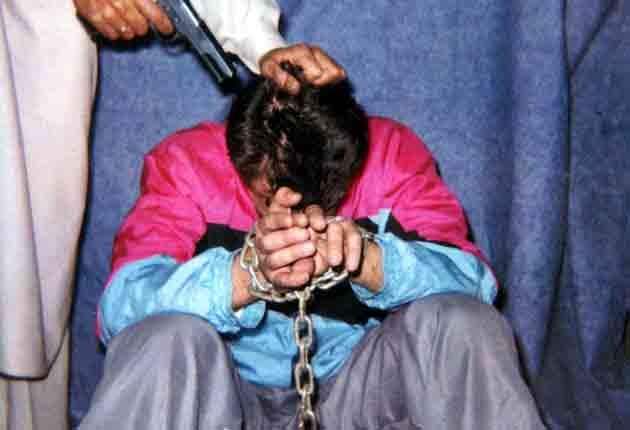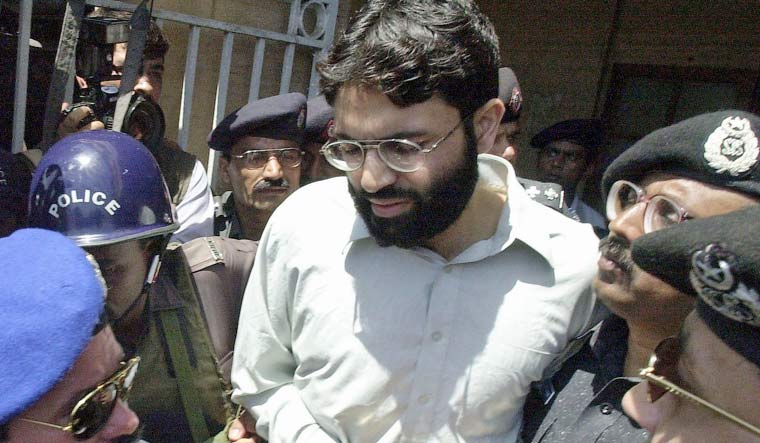A nation is made of the political system, justice system, security system, religious system, media or information system, economic system and various social systems or organisations. With growth of the country from the time of inception, these systems start taking the shape of institutions and keep getting stronger. If the political system adopted by the country is democratic and its constitution lays down strong rules for overall governance, then all the institutions flourish.
In case of Pakistan, the Army, in conjunction with its intelligence agency ISI took to the centre stage through a series of coups and kept eroding all other institutions in favour of itself. Over last seven decades, different Chiefs of Army Staffs played with the basic structure of Pakistan’s constitution and created alternative structure by penetrating all the institutions overtly or covertly. Army either exercised direct control over other institutions or encroached into their key appointments by placing serving or the retired Generals.
Justice system depends on the laws enacted, freedom to lodge complaints by victims, investigation, and finally the delivery of verdict by courts. Overall erosion of justice system means erosion of all of them individually. Consider a high profile case like Daniel Pearl’s who was abducted and murdered in 2002. Killers of Daniel Pearl were acquitted by Pakistan’s Supreme Court on 28 January 2021 putting the blame on ‘lack of evidence’. This is the outcome of justice in Pakistan when the native state of Daniel Pearl wielded so much power and put pressures on Pakistan government to ensure justice.
Who are those that Pakistan’s justice system has saved or saving over the decades? Earlier, scores of instances related to the perpetrators of Mumbai attack, Pathankot attack, APS Peshawar attack, and so on have brought to fore the anomalies that plague Pakistan’s justice system. Pakistan’s justice system has brazenly supported whatever formed part of the narrative of Pakistan Army, even when it amounted to going against the very basics of justice. While some may say that Pakistan government was passively supporting the terrorists through its silence, reality is that entire state machinery was actively engineering all these acts of terror and providing safe havens to terrorist Tanzeems operating from its soil.
In the case of Daniel Pearl, prime accused Ahmed Omar Saeed Sheikh was made to languish in jail for over a decade so that evidences get destroyed, world attention goes away from it and judiciary can quietly give a judgement that’s favourable to the establishment.
Entire machinations shaped as the content of judgement says “in this case, regarding each and every piece of evidence, the doubts are emerging from the mouth of the witnesses,” thus using the space so created, to pronounce that “benefit of doubt” has rightly been given to Sheikh considering that the evidence furnished during the trial against him was fraught with factual and legal defects.” This judgement is a landmark judgement as many others to prove that all anti-terrorist trials will follow the sequence of well orchestrated sham by judiciary, yet showing to the world that it has ‘zero tolerance’ to terrorism. Let us examine the machinations of Pakistani justice system through this case.
Daniel Pearl, an American journalist working for Wall Street Journal, was kidnapped and later beheaded on February 12, 2012. On February 12 the same year, Ahmed Omar Saeed revealed before a Karachi court that he had initially surrendered to the Inter Services Intelligence (ISI) a week earlier in Lahore. During hearings he refused to defend himself, and the court, after one of the quickest trials awarded death sentence. Same terrorist, who had refused to defend his case at lower court, appeals in higher court. At this stage, the case is delayed for 18 years and based on some confessions at Guantanamo Bay by another inmate Khalid Sheikh Mohammad’s confession, the murder charges are quashed by Supreme Court of Pakistan and Sheikh is awarded jail term of seven years for kidnapping Daniel Pearl. The verdict was a huge shock to those in US seeking justice.

What a mockery of justice. Entire justice system including investigators to the court beautifully orchestrated the evidence and the murder charges get reduced to kidnapping charges. This is one of the most blatant manifestation of Pakistan’s strategy for dealing with terrorist’s cases. Lower court speedily indicts the terrorist (to cool the tempers) while higher court delays it for two decades and pronounces judgement after altering the entire case. Hence, manufacturing the “scenario of lack of evidence” is the art displayed by Pakistani courts repeatedly. May it be the 2008 Mumbai attacks, 2019 Pulwama attacks or any other.
Political analyst Ms. Ayesha Siddiqa’s apt summation that “Historically, cases against certain terror suspects are deliberately kept weak to provide them relief later on. It is not necessarily the court’s fault but that of the prosecution,” says it all. When the world says that terrorism is practiced by Pakistan as an Instrument of State Policy, it means involvement of entire state machinery from breeding, training, tasking, controlling and preserving the terrorist organisations and terrorist cadres. ISI, has deep rooted connections and networks in various countries of the world to exploit the terrorist force to achieve leverage in its international relations. At different times in last five decades, Pakistan has used this machination in support of Washington to oust Russians from Afghanistan, in support of China to manage Uighur problem and against India to balance its conventional disparity.
For many decades, acts of Pakistan didn’t seem painful to US and it kept turning a blind eye to Pakistan acting as breeding ground of terrorists. Attack at World Trade Centre changed all that and suddenly Pakistan became a partner of US in Global War on Terror. It took many years for US to realise and acknowledge what Pakistan was actually doing. Now China is partnering Pakistan because it wants to achieve it’s own ends. Whatever may be the consequences for the rest of the world, time is not far when this demon breeding policy of Pakistan that has subverted all the systems in the country will lead to disintegration of Pakistan as a country.

